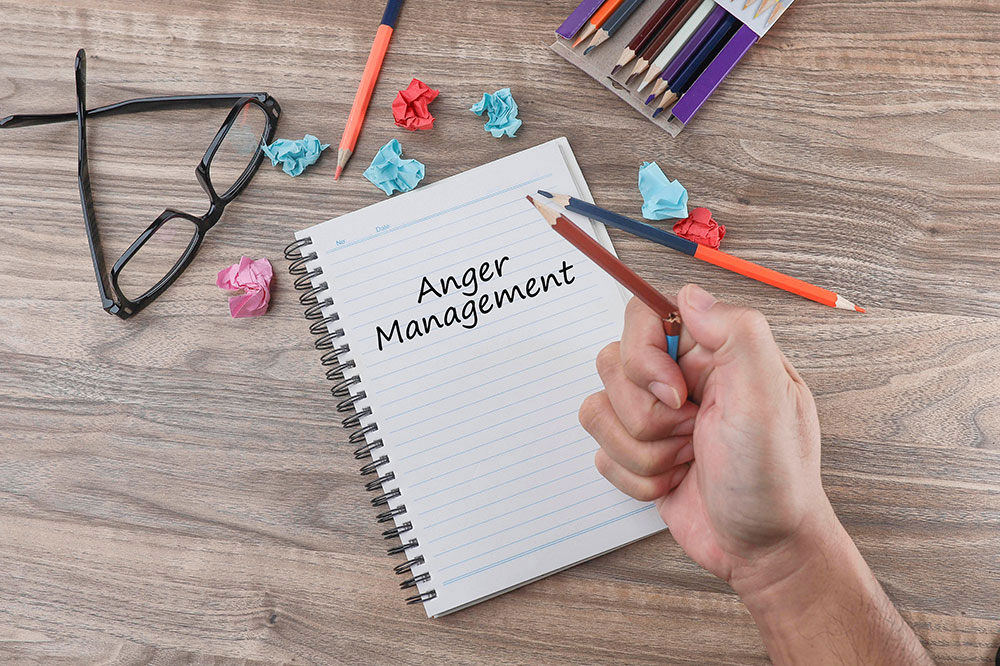
7 useful ways to manage anger
Anger is a powerful emotion that can significantly impact our lives and relationships. Therefore, we must learn how to control and channel it in healthy and productive ways. Managing anger can enhance well-being and foster positive connections with others. It can also make a person more productive and improve their self-esteem. Thankfully, individuals can employ various strategies to manage negative emotions. Here are a few tips on anger management to follow.
Recognize the triggers
The first step in managing anger is to identify the triggers that provoke it. The triggers can vary from person to person but usually include certain situations, stressful events, and even contact with specific individuals. By becoming aware of their triggers, individuals can better anticipate and prepare for situations that may elicit anger.
Practice self-awareness
Developing self-awareness is vital in managing anger. One should try to spot the physical and emotional signs that indicate escalating anger, such as increased heart rate, tension in the body, or negative thought patterns. By recognizing these signs early, people can intervene before anger spirals out of control.
Employ relaxation techniques
Relaxation techniques are effective for managing anger. Deep breathing exercises, progressive muscle relaxation, and meditation can help calm the body and mind, reducing the intensity of negative emotions. Practicing these techniques regularly can enhance emotional regulation and promote overall well-being.
Communicate assertively
Communication is among the best ways to deal with anger. Individuals should learn to assertively express their feelings and needs using “I” statements and avoid blaming others. One should also actively listen to the perspectives of others and strive to find common ground. By communicating assertively, people can prevent misunderstandings and foster healthier relationships.
Take a time-out
When anger escalates, it is crucial to take a step back and give oneself time to cool down. Individuals should separate themselves from the situation that triggered anger and find a quiet space to regain composure. Engaging in activities like walking, practicing mindfulness, or engaging in a creative outlet may help relax and gain perspective.
Seek support
Seeking support from trusted friends, family members, or professionals can be immensely helpful in managing anger. They can provide a listening ear, offer guidance, and help develop effective coping strategies. Support groups or anger management classes also provide valuable resources and a supportive community.
Channel anger productively
Instead of resorting to aggressive or destructive behaviors, ones should find healthy outlets to channel anger. For instance, individuals can engage in physical activities like exercise, sports, or yoga to release tension and promote emotional well-being. Expressing anger through creative endeavors, such as writing, painting, or playing music, can also be cathartic and transformative.
Mastering anger management is crucial for maintaining emotional well-being and fostering positive relationships. Individuals can regulate their emotional responses and lead fulfilling lives by learning how to manage anger and employing the best ways to deal with it. It is important to remember that managing anger is an ongoing process. With commitment and practice, one can develop the skills necessary to control and channel anger in healthy and constructive ways.




